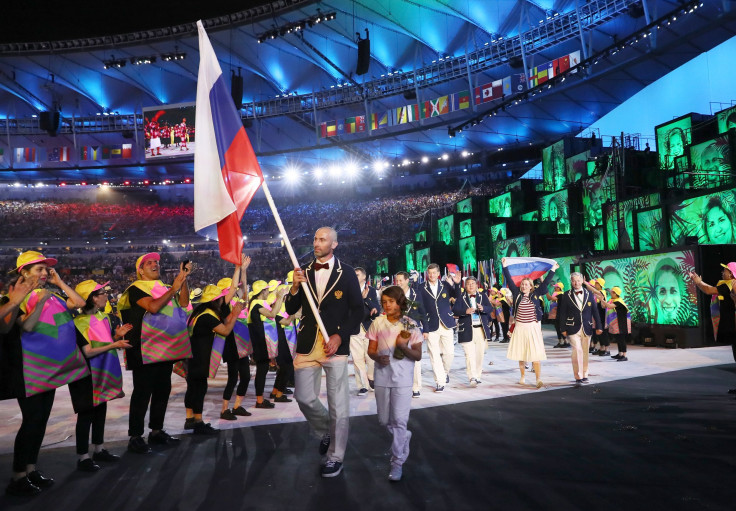Rio 2016 Olympics: International Paralympic Committee suspends Russia over State-sponsored doping program
Russian Paralympic Committee given until Aug. 28 to appeal the decision

The International Paralympic Committee (IPC) has finally decided to ban Russian athletes from participating in the Rio 2016 Paralympic Games due to violations of the anti-doping code.
The IPC Governing Board said it has unanimously determined that the Russian Paralympic Committee has failed to comply with and the enforcement of the IPC’s Anti-Doping Code and the World Anti-Doping Code within its own national jurisdiction. The IPC said Russia’s suspension is necessary to ensure fair competition and provide a level playing field for all para athletes.
“With the full facts to hand, we were deeply saddened to find that the State-sponsored doping programme that exists within Russian sport regrettably extends to Russian Para sport as well,” IPC president Philip Craven said in a statement.
“Tragically, this situation is not about athletes cheating a system, but about a State-run system that is cheating the athletes. The doping culture that is polluting Russian sport stems from the Russian government and has now been uncovered in not one, but two independent reports commissioned by the World Anti-Doping Agency.
Statement: The IPC suspends the Russian Paralympic Committee with immediate effect: https://t.co/49iREK4GAs
— Paralympic Games (@Paralympics) August 7, 2016
The IPC opened the suspension proceedings against Russia on July 22. Following its suspension, Russia has until Aug. 28 to appeal the IPC decision. Once the suspension takes effect, Russia will lose its IPC membership aside from being barred from entering its athletes in the Rio 2016 Paralympic Games that will run from Sep. 7 to 18.
“I have deep sympathy for Russian Para athletes who will miss out on the Rio 2016 Paralympic Games,” Craven added. “They are part of a broken system and we sincerely hope that the changes that need to happen, do happen. Russia has some top-quality athletes across all sports and we look forward to the day when we can welcome the Russian Paralympic Committee back as a member safe in the knowledge that it is fulfilling all its obligations in order to ensure a level playing field for all.
Thirst for glory
Craven personally assailed the Russian government for breaching the World Anti-Doping Code, to which Russia is also a signatory.
“I believe the Russian government has catastrophically failed its Para athletes. Their medals-over-morals mentality disgusts me. The complete corruption of the anti-doping system is contrary to the rules and strikes at the very heart of the spirit of Paralympic sport. It shows a blatant disregard for the health and well-being of athletes and, quite simply, has no place in Paralympic sport. Their thirst for glory at all costs has severely damaged the integrity and image of all sport, and has certainly resulted in a devastating outcome for the Russian Paralympic Committee and Para athletes.
“This decision has placed a huge burden upon all our shoulders, but it’s a decision we’ve had to take in the best interests of the Paralympic Movement.”
The ban stemmed from allegations of State-sponsored doping of Russian athletes during the 2014 Sochi Olympics. Anti-doping agencies wanted to ban the entire Russian delegation at the 2016 Olympics but the International Olympic Committee was against a blanket ban. Instead, the IOC has cleared 271 Russian athletes out of 389 to compete in the Rio 2016 Olympic Games, which runs until Aug. 22.





















